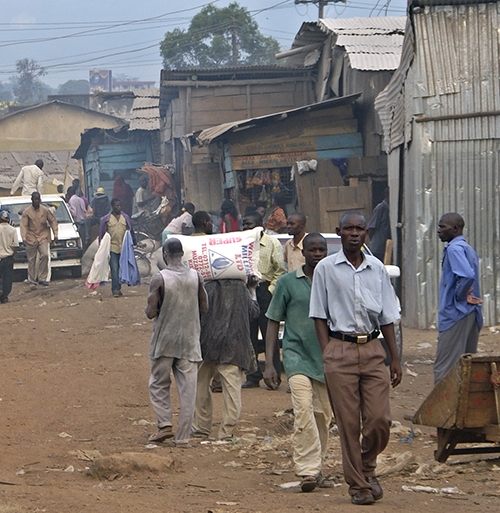Published as part of the Earth4All project, the authors of this paper discuss the possible adverse effects of well-meaning climate mitigation strategies and consider how these adverse effects can themselves be mitigated. They assess the distributional effects of mitigation strategies on various social groups in different geographies for different generations to cover the socio-spatial-temporal dynamics of the consequences. For instance, solar panels, motors for wind turbines, or batteries for hybrid and electric vehicles are crucial in the fight against climate change and their demand is increasing rapidly in advanced economies. But many of these technologies require critical minerals concentrated in low- and middle-income nations, and the way they are extracted can have adverse outcomes, irreversibly damaging the environment and displacing indigenous communities. The authors argue that these negative outcomes are not inevitable; nor are they necessary “collateral damage” in otherwise positive shifts to green energy use. Avoiding these impacts requires changes in strategy not only for lower-income economies, but even more urgently in rich countries and at the global level.
Climate Change Mitigation Strategies: Impacts and Obstacles in Low- and Middle- Income Countries
July 28, 2022
| Research Report
- Headline: Impact of Climate Programs on Developing Economies
- Intro Text: PERI researchers Debamanyu Das, Shouvik Chakraborty and Jayati Ghosh discuss the possible adverse effects of climate stabilization strategies on lower-income countries and consider how these adverse effects can be mitigated. For instance, solar panels and batteries for electric vehicles are crucial to a green energy transition. But these and related technologies require critical minerals concentrated in low- and middle-income nations. The way these minerals are extracted can produce severe adverse impacts. The authors argue that avoiding negative impacts requires strategy within the lower-income economies, but especially in rich countries and at the global level.
- Type of publication: Research Report
- Research or In The Media: Research
- Research Area: Environmental and Energy Economics
- Publication Date: 2022-07-28
- Show in Front Page Modules: No



